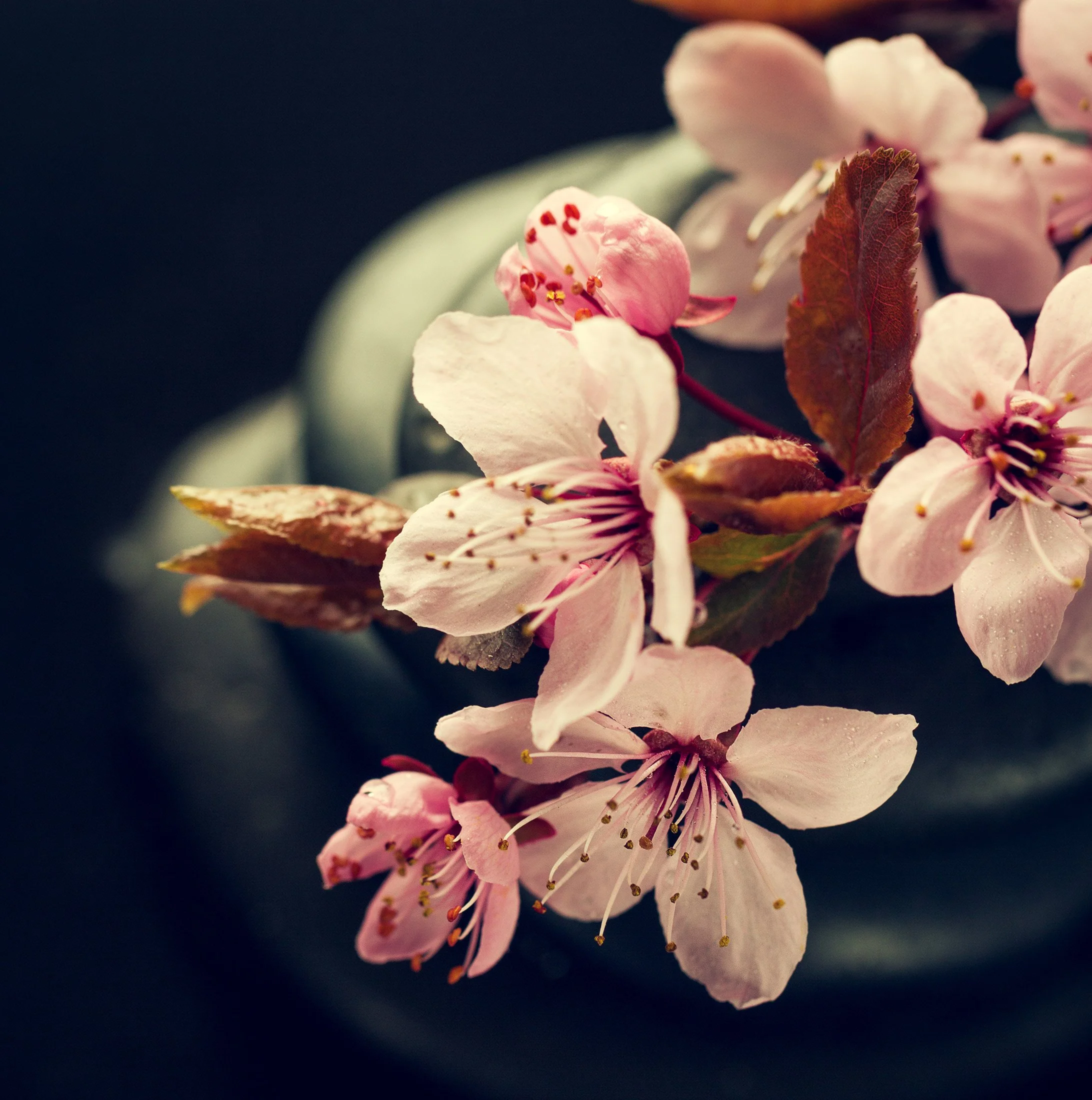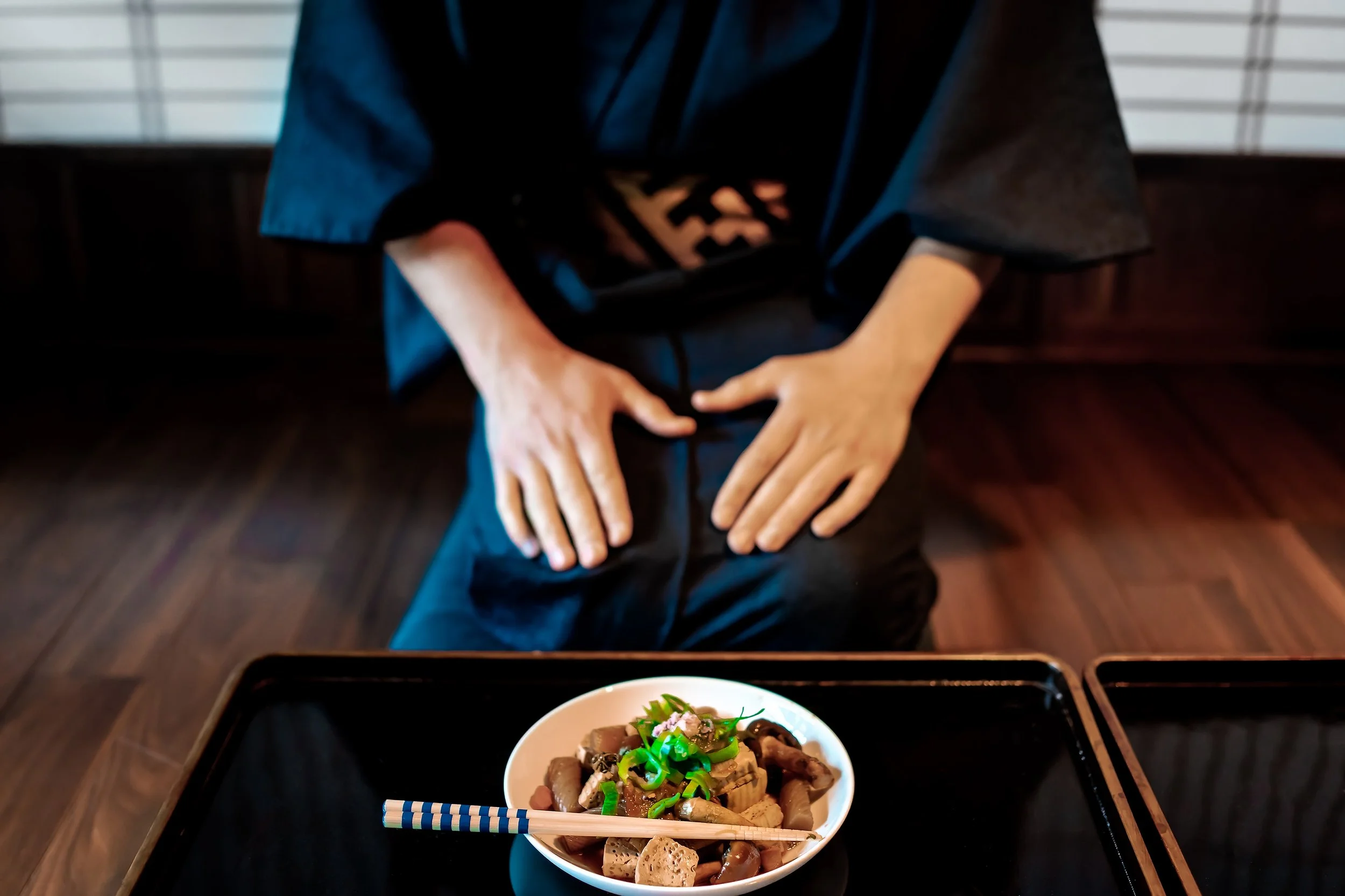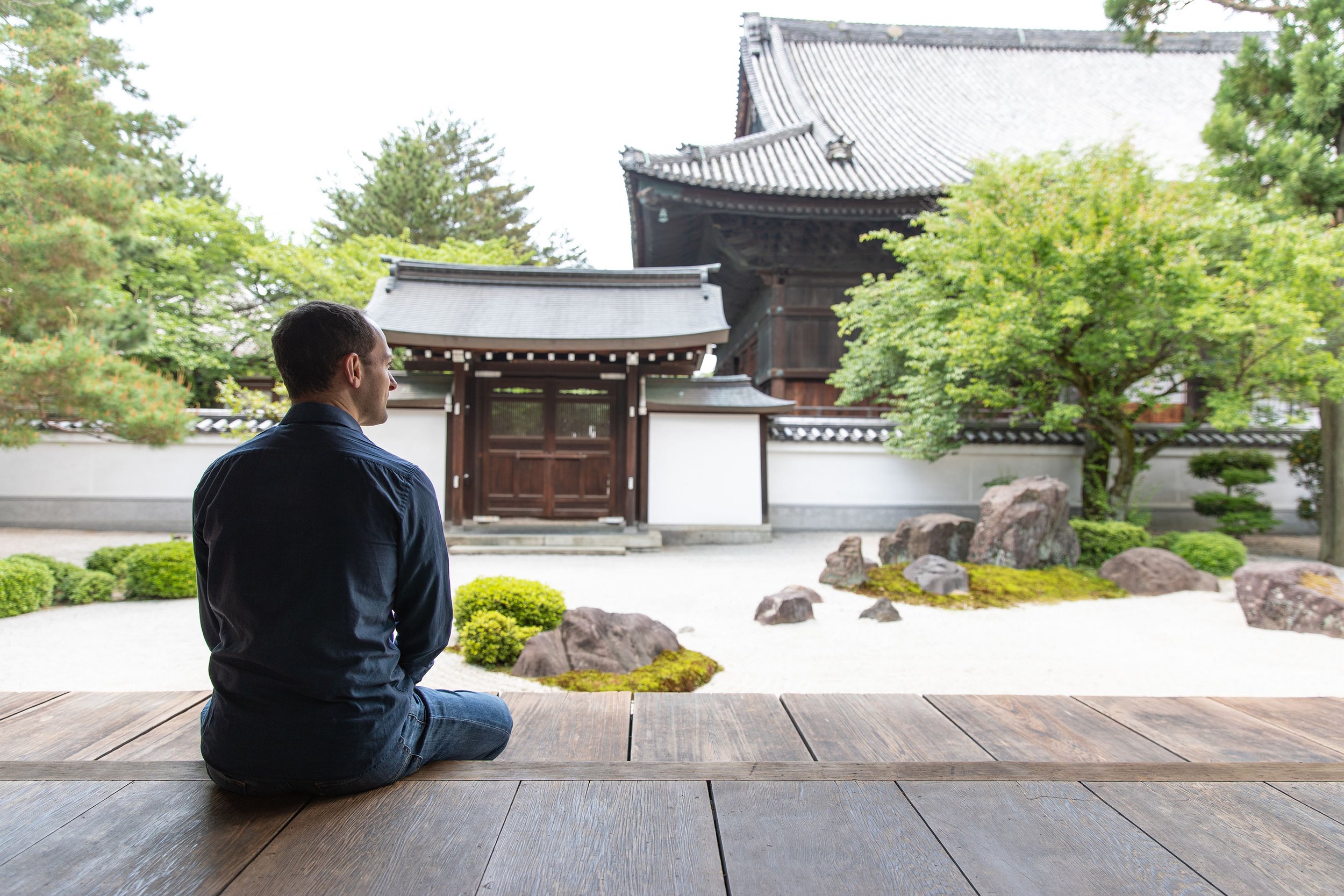Mindfulness
At The Sanctuary Japan, mindfulness is the unifying thread of your retreat. It flows through every part of your stay — from therapy to movement, from meals to rituals — helping you return to clarity, calm, and presence.
What is mindfulness?
Mindfulness simply means paying attention to the present moment — with awareness, openness, and without judgement. It is about noticing thoughts, feelings, and sensations as they arise, and gently returning to balance.
Mindfulness as evidence-based therapy
Far more than a philosophy, mindfulness is also a well-researched therapeutic approach, with a growing robust body of evidence supporting its effectiveness in improving mental and physical health. Studies show that mindfulness practices help reduce stress and anxiety, improve emotional regulation, and support long-term resilience. At The Sanctuary Japan, we integrate mindfulness with evidence-based therapies such as Cognitive Behavioural Therapy (CBT) to strengthen outcomes and support lasting change.
Why it matters today
In our connected busy world, it is easy to feel overwhelmed — pulled into constant activity, endless notifications, and the pressure to always be “on.” Many of us live in the past, replaying old stories, or in the future, anxious about what lies ahead. The present moment often slips away unnoticed.
The Sanctuary Japan offers space to step outside of that cycle. Through guided practices and cultural traditions, mindfulness becomes a set of tools to return you to the here and now — calmer, clearer, and more at peace with yourself.
Mindfulness In Daily Life
Everyday activities become mindful practices when approached with presence:
A silent breakfast prepared with care
A guided walk through the forest
A slow tea ceremony, noticing the sound of water and the feel of the cup
In each moment, mindfulness turns routine into renewal.
Mindfulness In Your Program
Therapy, bodywork, and creative expression are all guided by mindfulness.
Psychotherapy sessions encourage awareness of thought and emotion
Yoga, aikidō, and bodywork reconnect mind and body
Calligraphy, journaling, and meditation cultivate focus and self-reflection
This is how mindfulness shapes your healing journey: by keeping you present, connected, and open to change.
Mindfulness in Japanese Traditions
Mindfulness is already woven into Japanese culture. You’ll encounter it through:
Sadō (tea ceremony) – ritualised simplicity
Zazen – seated meditation in silence
Shinrin-yoku – forest bathing among cedar and bamboo
Shodō – calligraphy as meditation in motion
These practices are not add-ons — they are part of the rhythm of life here, grounding your retreat in centuries of wisdom.
The Guest Experience
During your stay, mindfulness isn’t confined to a meditation cushion.
It is experienced in how you eat, walk, breathe, rest, and create.
Guests often describe it as a gentle returning — to themselves, to stillness, and to the present moment.





